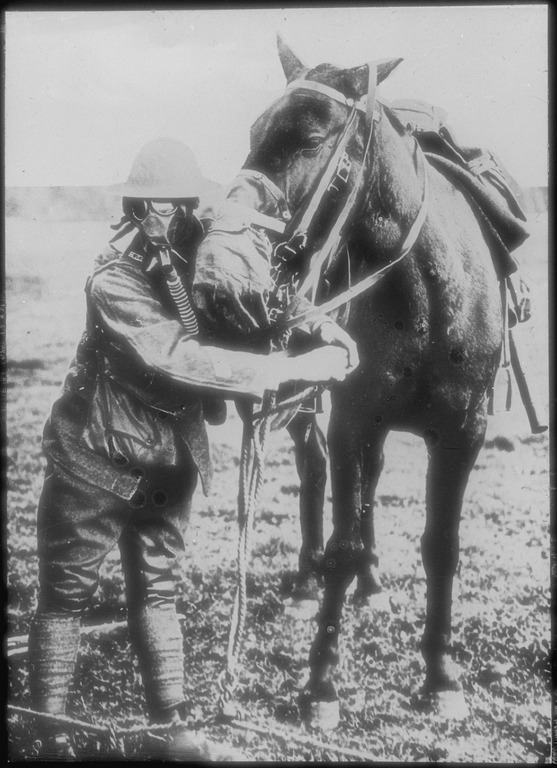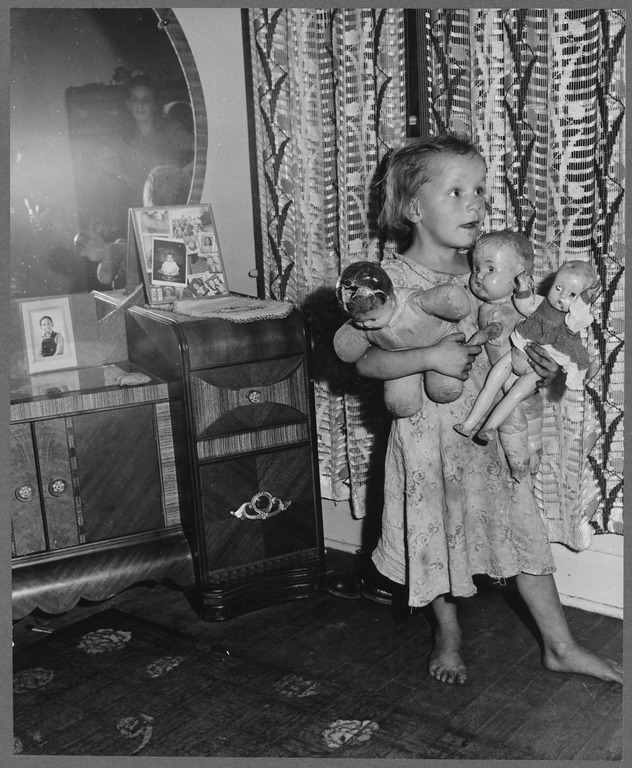
After the war, after all the pertinacious death, after the women have scrubbed the bathtubs and changed the sheets in anticipation, after the farmers have driven their produce to the nearest market and manufacturers have trucked their goods to the local stores, after the rabbits and chickens and pigs have been slaughtered in celebration, after the cows have been milked and the butter churned, after the children have had their ears washed behind and their manners coached, after the parents have settled their hearts to the inevitable damage of their sons which they know so well having been damaged themselves in the previous war, after the wives have washed and set their hair, and younger sisters and brothers have tried to remember their sibling as someone other than the face in the photo on the mantelpiece, after the cats and dogs have had whispered into their fuzzy ears news of the impending return of their beloved human, after the bars have stocked up on whiskey and the pool halls polished their cues, after the hospitals have opened their windows and the cinemas have reeled up movies about happy families and kindly priests, after the churches have polished their pews and the President has given his speech, after the men have returned–or what arms and legs and hands and ears and hearts and faces are left of them—Nora and I will go to the sea and swim. We will swim out as far as we can without losing sight of the shore. Then, on the count of three, we will drop deep into the water, the way the bombs dropped onto us for so many years, and we will stay there as long as we can without drowning, the salt of the ocean pardoning all that we have seen and heard and touched and smelled and tasted. And then we will surface again, perhaps together, perhaps one by one, breaking through the water with a gust of breath, and swim back to the land.
*
Secret Americas features writing about images from the U.S. National Archives.
Image via Wikimedia Commons – “Like girls from Mars are these ‘top women’ at U.S. Steel’s Gary, Indiana, Works. Their job is to clean up at regular intervals around the tops of twelve blast furnaces. As a safety precaution, the girls wear oxygen masks.” From the National Archives and Records Administration College Park.
Jane Ratcliffe is a freelance journalist and fiction writer. Her work has appeared in NER 33.1, The Sun, The Intima, The Huffington Post, Vogue, VH-1, Interview, Guernica, and Tricycle. Her novel, The Free Fall, was selected by the New York Public Library as one of the most notable books of the year.


